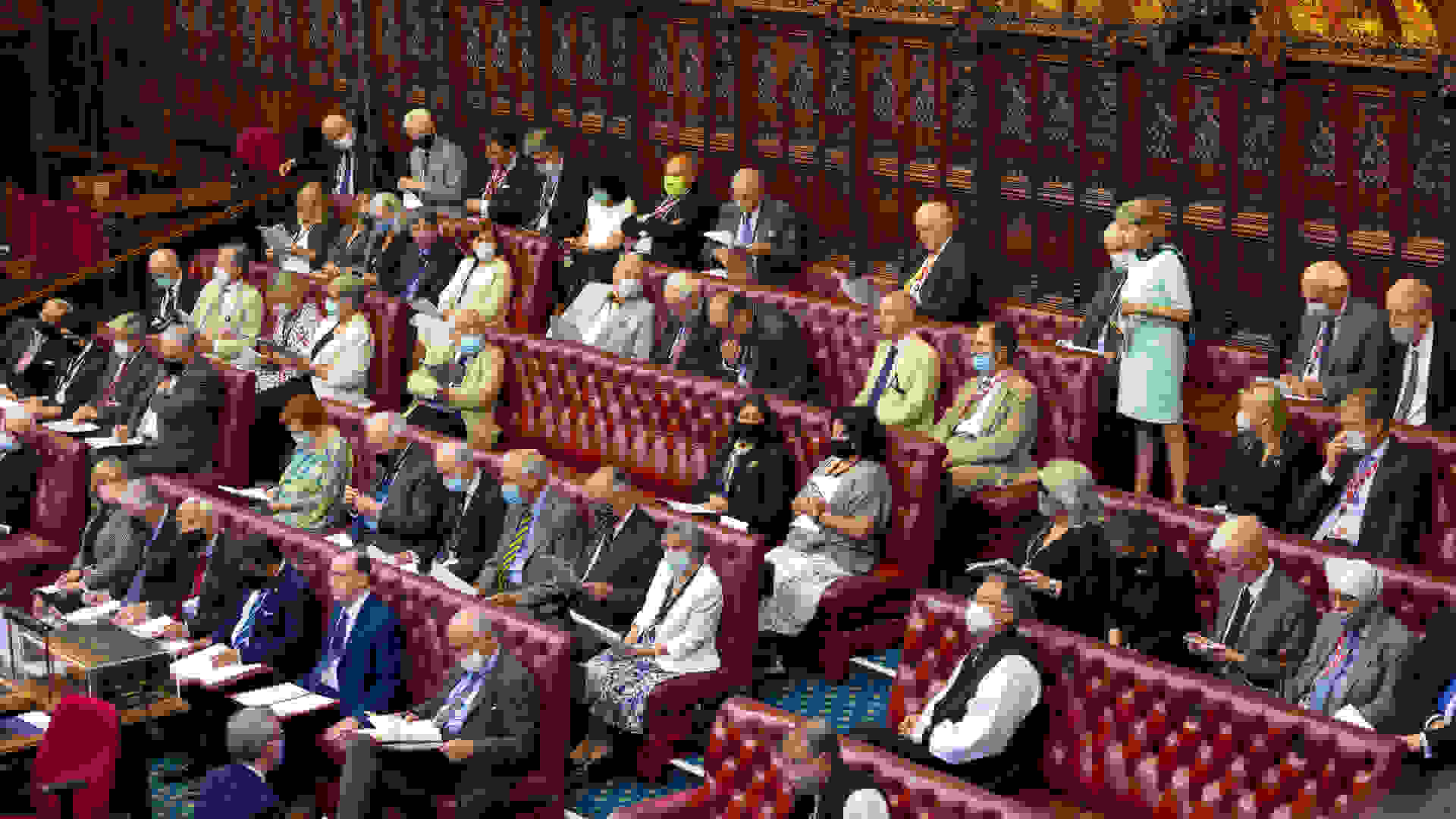News / The sentencing guidelines row: A product of poor law-making? - Parliament Matters podcast, Episode 86
The Government has published “emergency legislation” to block new sentencing guidelines. But why does Parliament have limited oversight of the Sentencing Council? Has heavy handed policing interfered with the work of an MP? What do disabled MPs make of Westminster - the building and the procedures? And after a 25-hour speech brought the US Senate to a halt, could it ever happen at Westminster?


